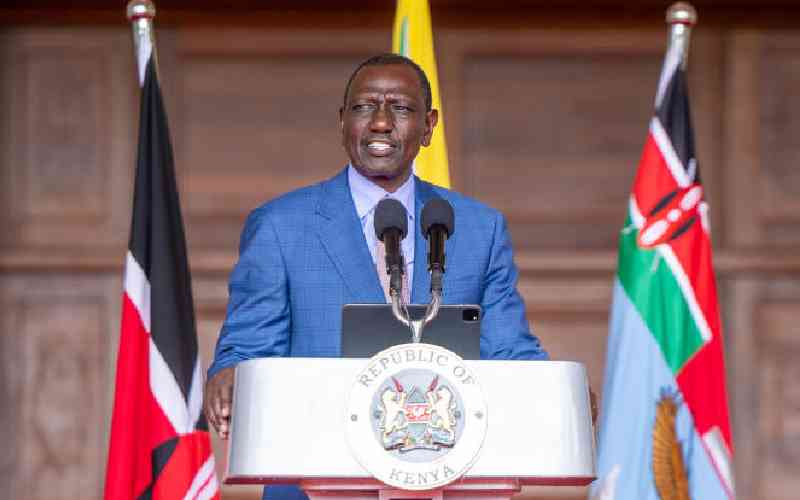×
The Standard e-Paper
Stay Informed, Even Offline

In the wake of nationwide protests led by Gen Z which shook the foundations of President William Ruto's administration, a new dynamic has emerged within the power matrix of the country's top leadership.
Opposition leader Raila Odinga, Prime Cabinet Secretary Musalia Mudavadi and National Intelligence Service Director-General Noordin Haji have become the most influential figures in President Ruto's inner circle.